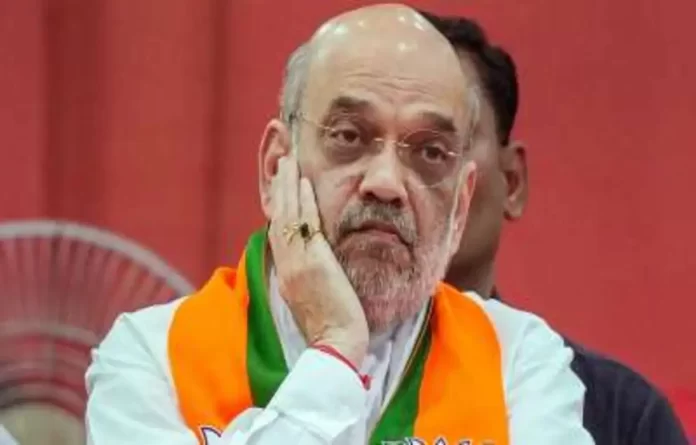The Union Home Minister, Amit Shah in a bold move aimed at tightening accountability in public office, will introduce three interlinked constitutional amendment bills in the Lok Sabha this week.
Under these proposed measures, the Prime Minister, Chief Ministers, Union and state ministers—including those of Union Territories may be required to vacate office if held in custody for 30 consecutive days on serious criminal charges.
The principal legislation, the Constitution (One Hundred and Thirtieth Amendment) Bill, 2025, will propose inserting new clauses into Articles 75, 164, and 239AA, compelling officeholders arrested and detained for offences punishable by five years or more to resign by the 31st day; if unable or unwilling, they will automatically forfeit their positions. Crucially, these individuals remain eligible for reappointment after release from custody.
Complementing this central bill are two additional proposals tailored for Jammu & Kashmir and other Union Territories—namely, the Jammu and Kashmir Reorganisation (Amendment) Bill, 2025 and the Government of Union Territories (Amendment) Bill, 2025. All three bills are slated for referral to a Joint Parliamentary Committee for detailed review.
The government underscores that these measures aim to uphold constitutional probity and public trust. Officials facing prolonged detention, even without conviction, may erode governance norms—and hence must not continue to occupy positions of power.
The push for reform is seen against the backdrop of past cases where elected officials remained in office despite incarceration. Notable instances include Delhi’s Arvind Kejriwal, who remained CM while jailed for over five months, and Tamil Nadu minister V. Senthil Balaji, who held a ministerial position after arrest before eventually resigning.
The bills have sparked immediate resistance from opposition parties, who denounce them as draconian and potentially weaponized to destabilize non-BJP state governments. Senior Congress figures argue that this could enable the Centre to trigger arbitrary arrests via central agencies to topple opposition-led administrations.
Some opposition leaders have gone as far as characterizing the proposed legislation as a grave threat to federalism and democratic norms. Congress leader K. C. Venugopal labeled the bills a “murder of democracy,” cautioning that they could facilitate the arbitrary removal of elected representatives without due conviction.


